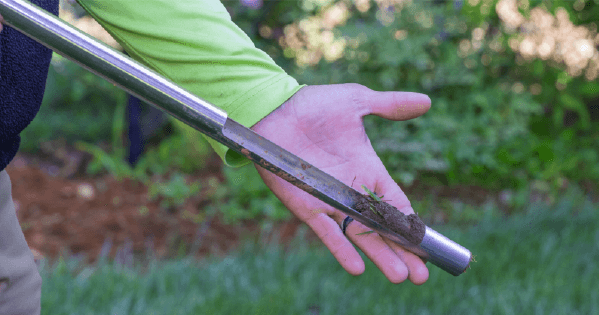Types of Turf Insects in Georgia
Armyworms are actually caterpillars that will turn into moths. Usually homeowners will see Armyworms in the caterpillar stage of their development. This is the time to get them under control. They are voracious feeders before going into the chrysalis stage, so they can do a lot of damage in a little bit of time.
We all know that the presence of fire ants in your lawn leads to unsightly mounds of dirt as well as increased chances of children and pets receiving painful bites. But did you know the mounds can smother your lawn leading to bald patches once the mound is removed? When a fire ant colony emerges, it's best to address it immediately with proper fire ant control.
Grub worms are a type of beetle that is usually white or cream-colored with a distinct C-shape. These insects have three pairs of legs near their head, and their bodies are slightly curved. Grub worms vary in size, with Japanese beetle grubs being the largest, reaching up to one inch long. If grub worms are not controlled with a proper insecticide treatment, they can cause patches of thinning grass.
Billbugs are small, elongated beetles with a snout-like projection. They range in color from black to brown and have a hardened exoskeleton. These pests harm yards by feeding on grass roots, causing yellowing, thinning, and dead patches. Their larvae further damage the turf by tunneling and feeding on roots.
Spittlebugs are small insects with a soft, elongated body. They are usually green or brown and have wings folded over their backs. These pests harm yards by creating frothy "spittle" masses on plants, where they feed by sucking sap. This can cause stunted growth, wilting, and yellowing of foliage, leading to damage to the overall health and appearance of the yard.
If you're battling some of the pest mentioned above, or have noticed a decline in the health of your lawn, contact Simply Green Lawn Care to see if one of our lawn and yard experts can help. Either click here to contact us, or complete the estimate form below to get started!

